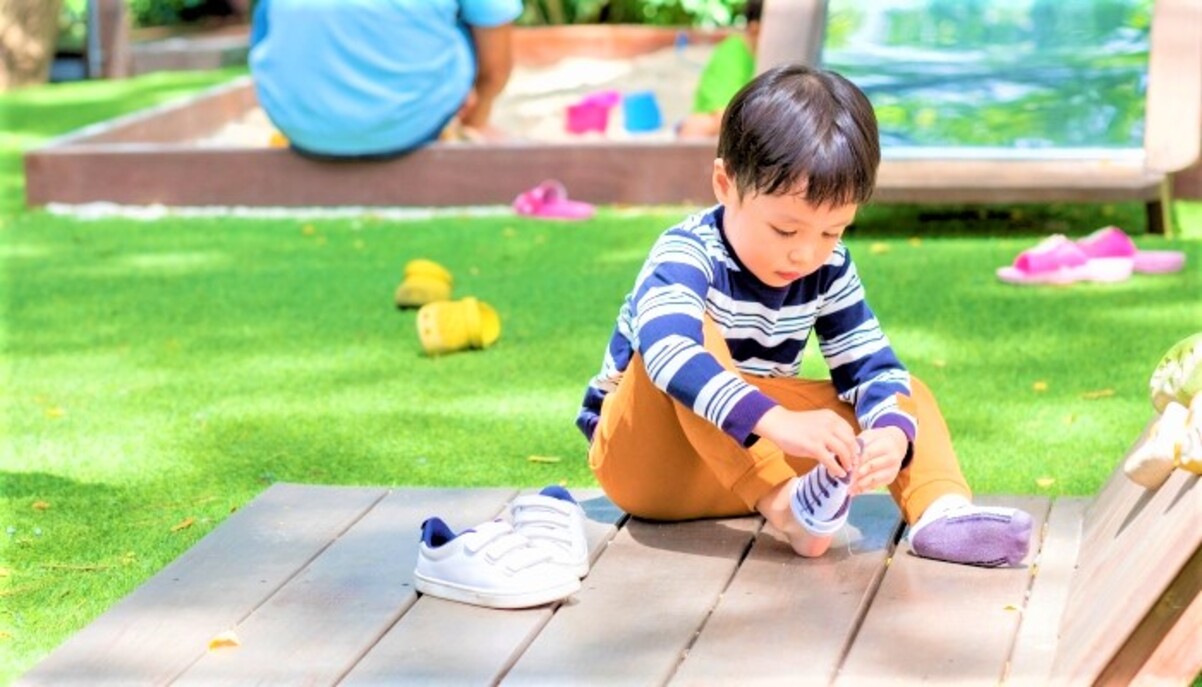Why is becoming a mother so difficult? Moms serve as personal shoppers, cooks, janitors, bankers, and repairers and are the eternal source of love, closeness, support, and safety. We plan social events, homework assignments, and appointment times. And we’re expected to enjoy every second of it.
I’ll tell you a little secret: It’s acceptable not to.
Nobody ever warned me about the never-ending mental labour involved in mothering before I had my child. Yes, I was aware of the responsibilities of being a mother—those tasks listed on the To-Do list. However, learning how to be a mother (and then really doing it) is physically and intellectually taxing. Many of the emotions can be unexpected.
When raising my kids, I often struggled with the dissonance between how I felt, what I said, and how I should have felt and spoken. I frequently felt frustrated, helpless, and angry. I often felt overwhelmed by the psychic space that my children occupied in my head.
Although I thought then that I was the only one having these feelings, I now see that’s not the case. In addition to softness, strength, and amazement, mothering also requires learning to hang on and let go. It also involves sorrow, sadness, conflict, breakdowns, and buildups. We feel guilty for being there too much or not being there enough, and to stay true to oneself requires effort.
Magazines regularly issue pieces highlighting some perfect mothers they have found. The reality, however, is different. Genuine mothers have flaws, and real moms know that mothering is a continuous, changing activity. Whatever it looks like, embrace your “empower” and remember that it doesn’t have to be perfect. Here are a few easy steps to get you going:
Keep in mind that mothers can be created, not born.
If I had known this beforehand, I should have been less concerned about some of my “unnatural” reactions, such as feeling tense, angry, or on-call. The truth is that many aspects of parenting are inherently tricky, and we only learn what we still need to know as mothers by making errors.
Accept that difficult days will occur.
You might occasionally wish you were somewhere else. Admitting it doesn’t imply that you’re not doing a good job or that you don’t love your child as much. As mothers, we suffer, fight, cry, learn, and repeatedly make the same mistakes. Sometimes we act like children; we experience both blessings and curses. We either love or loathe becoming mothers.
Before I had children, I hardly ever heard about those less-than-stellar experiences or how taking care of a child would consume all of my energy to the point that I felt I had nothing left. I would frequently become exhausted from the constant repetition of activities, and then remorse would set in. I can still recall taking my son to the playground on bitterly cold days.
I would watch him play while shivering on the bench next to another unfortunate mother, feeling guilty that I wasn’t there to support him. Who would, though?
Laugh and then sob, After which leave the house.
The joys of parenthood are supposedly enough to make up for all the less-than-fantastic facets of the job. I do have some news, though. They don’t—not all the time. An unfathomably wide variety of feelings accompany motherhood, from the high of being so in love with your child to the yearning to run away. I didn’t comprehend this when I was a young mother.
Despite being happy, proud, and in love with my kid when he was born, I felt like a different person had taken his place. And that was an awful feeling. He was so irritable one day that I feared my head would blow off. All I could think about was getting to the pool since I love to swim. I thrust the baby into my husband’s arms when he arrived home and sprinted out the door. I sprinted off, feeling like I had done something wrong. I didn’t know then that taking care of your children shouldn’t come before your own needs and that you must make time for yourself.
Accept the shadow side.
Even though I adore my children, I frequently felt strained beyond my capacity and overcome by the urge to return to my previous, more straightforward and satisfying existence. I was not interested in the overwhelming responsibilities.
Enjoy the small things.
The most fulfilling aspects of motherhood can also be the easiest to overlook. We can, however, recapture some of the wonders we may have lost as cynical adults through our children. As Cody’s mother Pam notes, at age 7, “I have a fresh outlook on life since Cody is here. We visit a park. We have a conversation while sitting down. I take actions with the understanding that Cody would appreciate them. And what about that? They seem to be enjoyable to me as well.”




